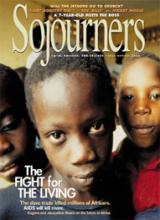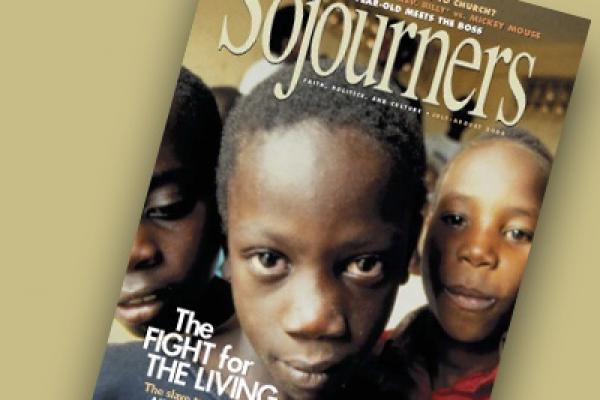Charitable choice is one of the most elusive and confounding features of the current political and religious landscape in America. Since 1996, when Congress passed this provision allowing faith-based organizations to receive government money for their social service activities, charitable choice has been debated in divinity school classrooms, the halls of government, and among church-state separationists.
Social conservatives argue that the government cannot be held solely responsible for the heavy burden of caring for the nation's poor, so for them shifting responsibility to the faith community is a very good thing. On the other side of the aisle, liberals are relieved that government is still actively participating in the provision of social services. Both agree on one thing - there is something unique that faith-based groups can contribute toward solving the problem of poverty in America.
But for those doing the day-to-day work of social justice, these debates can be seen as rather abstract. Until recently, the actual on-the-ground effect of the charitable choice legislation was largely unknown.
A series of recent surveys and reports have now emerged, however, that raise new questions about whether charitable choice is working as it was intended to, how it will impact the nation's poor, and whether the governmental and religious communities will be able to negotiate each other's turf.
Most of the new studies reach similar conclusions. Charitable choice shows great promise, but it cannot hope to fulfill that promise until a more fundamental need is met - more congregations and faith-based social service organizations need to know that charitable choice even exists.
What is it, anyway?
Read the Full Article

